Benjamin Katz: A Future Doctor Building Wells for Hard-to-Reach Communities in Rwanda
Upon his graduation from Tufts University in May 2023, Benjamin Katz spent three months in Rwanda as part of the Move Up Global Research Fellowship program, where he used his soccer skills to engage children and communities in health promotion intervention focusing on malnutrition and neglected tropical diseases. He also conducted a study using GIS to identify the hotspots of soil-transmitted helminths (STHs), which are intestinal worms in rural communities. He is now leading a fundraising campaign to build wells and bring clean water to Nyabirehe, a community surrounding the Volcanoes National Park in rural Rwanda.
Using Soccer for Health Promotion in rural Rwanda
Katz’s project focused on malnutrition and neglected tropical diseases, which remain major public health problems in Rwanda and other parts of sub-Saharan Africa. In Rwanda, 33% of children have stunting. In rural and hard-to-reach communities, chronic malnutrition is worsened by the high rate of intestinal worm infections, often due to the lack of access to water and sanitation.
Katz wanted to find innovative ways to prevent and treat these conditions and to raise awareness and behavior change among the communities. He decided to use soccer to engage children and their families in health education and interventions. He organized soccer tournaments in Nyabirehe and Rwinzovu schools, where he distributed soccer balls and coached students. He taught them about the causes, symptoms, and prevention of malnutrition and STHs and facilitated the adoption of healthy practices such as washing hands, boiling water, and eating a balanced diet. He also worked with community health workers who provided deworming medication, nutritional supplements, and hygiene kits to the participants.
Katz’s soccer initiative was a success, as it attracted hundreds of children and adults and created a positive and fun atmosphere that attracted hundreds of children and adults. He also collected data on the health status and knowledge of the participants and found that his interventions improved their nutritional and parasitic outcomes, as well as their awareness and attitudes.
Mapping Water Access and Soil-Transmitted Helminths
Ben Katz, MUG Fellow, Jean Damascene, Community Health Worker, and Dr Nina Emrakabe, Health Program Manager using GIS mapping to identify the hotspots of malnutrition and STH infections during home visits.
Katz used geographic information system (GIS) mapping to identify the hotspots of STHs and malnutrition in the area. Working with local communities, he discovered the lack of clean water as a major risk factor. He found that most of the families relied on surface water from rivers, streams, and ponds, which were often contaminated with fecal matter and STH eggs. He concluded that improving water access and quality was essential for reducing the burden of STHs and malnutrition in the region. He also recommended that the children receive regular deworming treatment and nutritional supplements to improve their health and well-being.
Building Wells for Wellness
Katz was moved by the resilience and generosity of the people he met and inspired by their desire to improve their lives and protect their environment. He also realized that his research was not enough to solve the problem. He wanted to take action and make a difference.
He decided to stay connected with the communities and launch a fundraising campaign to build wells and bring clean water to the region. He created a page on Zeffy where he shared his ambitious dream and goal of raising $50,000 to build wells that would benefit over 5,000 people.
A Bright Future
Katz’s fundraising campaign is still ongoing. He hopes that his project will not only provide clean water but also empower the people to take charge of their own development and conservation. Katz is grateful for the opportunity to work in Rwanda and contribute to its progress. He plans to continue his studies and pursue a career in medicine and global health. He was already accepted to join the Geisel School of Medicine at Dartmouth.
He also hopes his project will inspire others to join him in his mission and support his cause. He dreams of returning to Rwanda and working with Move Up Global and the communities he befriended. He considers Rwanda his second home and the people his family.

